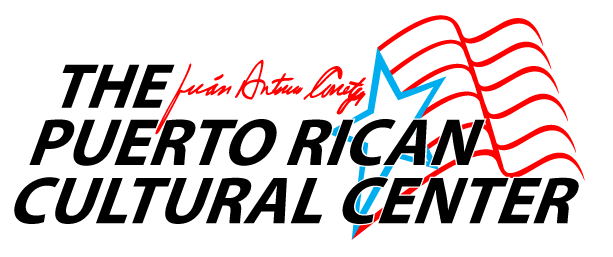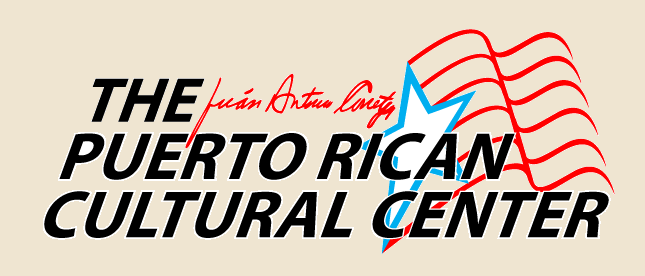“You can not buy the wind / You can not buy the sun…
You can not buy my joys / You can not buy my sorrows…
The juice of my struggle is not artificial /
For the fertilizer of my land is natural…
You can’t buy my life / My land isn’t for sale…
I’m what my father taught me/
If you do not love your country, you do not love your mother…
I’m Latin America / A people without legs yet walks …”
Under the pouring rain and the sounds of Venezuela’s youth orchestra, the lyrics of Calle 13’s Grammy award winning song “Latinoamerica” were chanted by thousands present for the closing ceremony of the first summit of the Community of Latin American and Caribbean States (CELAC). Held in Caracas, Venezuela on December 2 and 3, the CELAC represents the formation of a new political and economic regional bloc that unites thirty-three countries from across Latin America and the Caribbean, but which does not include the United States and Canada. This song, one of Calle 13’s most recent, has become the international anthem throughout the Spanish-speaking Americas. Not only does it poetically describe experiences of historical injustice, poverty and the ruthless operations carried in Latin America by the United States and its allies, but also it has reinserted Puerto Rico and its colonial situation on the Latin American and international stage.
Prior to CELAC summit, Bolivian President Evo Morales made an acknowledgement of Calle 13, stating that “their songs, their interpretations, represent the people of, not only Bolivia, but of Latin America as well.” Historically, Calle 13 has distinguished itself from other performers by giving voice to the voiceless, just as they did on the last day of the summit. Among the 33 nations invited to CELAC, Puerto Rico’s absence was the most felt. The absence of Puerto Rico is due to the fact that Puerto Rico is a colonial possession of the United States. Since the signing of the “Treaty of Paris” on December 10, 1898, which concluded the so-called Spanish American War, the fate of Puerto Rico and its people have been determined by the U.S. Congress.
Calle 13 is composed of stepbrothers René Pérez, Residente (lead singer), Eduardo Cabra, Visitante (producer), and their sister Ileana aka PG-13 (choirs). The group has created a bridge that connects Puerto Rico to the rest of Latin America. In addition to their ability to incorporate sounds and slang from throughout the Americas, the lyrics of Calle 13 have courageously denounced the contradictions of capitalism, the brutality of colonialism and right to free education. In doing so, they have assumed the mantle of visionary musicians like the likes of Silverio Rodríguez, Bob Marley, Femi Kuti, and the late Facundo Cabral. Through their music, they have reminded their fellow Puerto Ricans about the ills of U.S. colonialism and the importance of independence. For this reason, they have been consistently criticized and attacked by Puerto Rico’s upper middle class and conservative sectors. Through rhymes and beats, Calle 13 has advanced the patriotic work of Puerto Rican revolutionaries, such as Lolita Lebrón, Rafael Cancel Miranda, Juan Mari Bras and Juan Antonio Corretjer.
It is in this spirit that Calle 13 doesn’t forget their ancestors who have given their lives to free Puerto Rico. If we look back at Calle 13’s first political song, “Querido FBI,” it was angry denunciation of Machetero leader Filiberto Ojeda Ríos’ assassination by the FBI in 2005. Ojeda’s death, in fact, marked a major turning point for the group, as they soon after embarked on a journey to better understand the social injustices that have and continue to occur on our continent.
On the last day of the summit, René Perez (Residente) became the most important popular voice that Puerto Rico has thus far in 21st century. Its significant contribution to Puerto Rico is so relevant that it invites the question: Who, in the absence of Calle 13, would popularly connect Puerto Rico to the rest of Latin America? Their presence in Venezuela not only gave voice to all the Puerto Ricans who believe in a sovereign Puerto Rico, but also made the point that the CELAC summit was incomplete without Puerto Rico. This important point was powerfully reiterated during the summit by the Nicaraguan president Daniel Ortega, who noted: “We are thirty-three, but are still missing Puerto Rico; sooner rather than later, Puerto Rico will incorporate itself.”
by Jonathan Rivera Lizardi
For more on CELAC visit: http://www.telesurtv.net/secciones/afondo/especiales/CELAC_2011/ or Facebook/TeleSur







